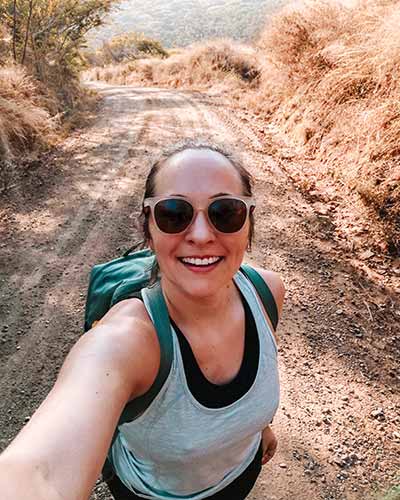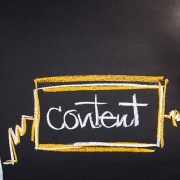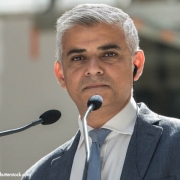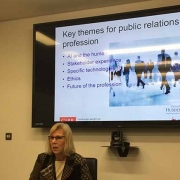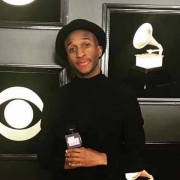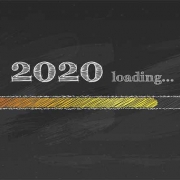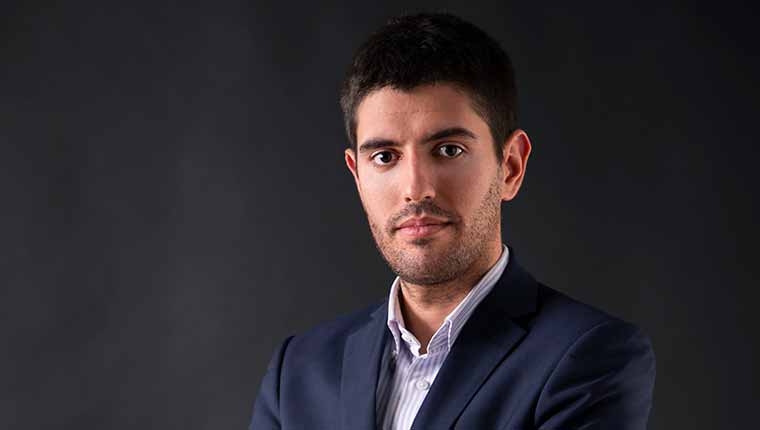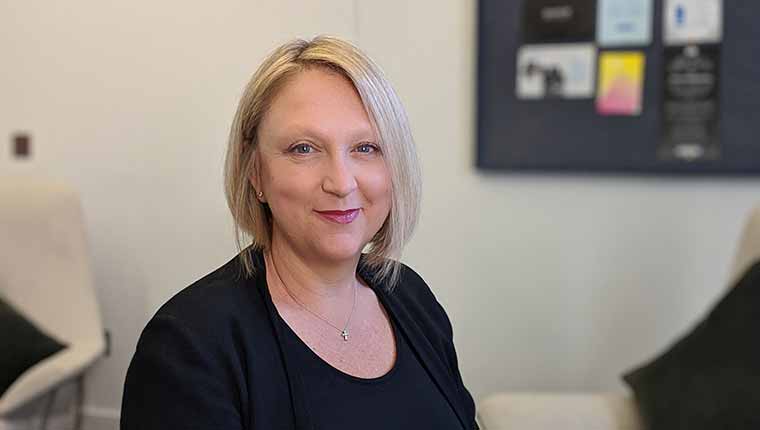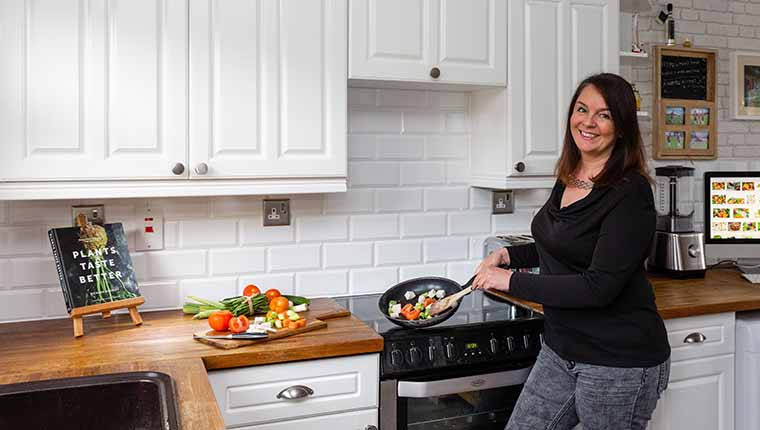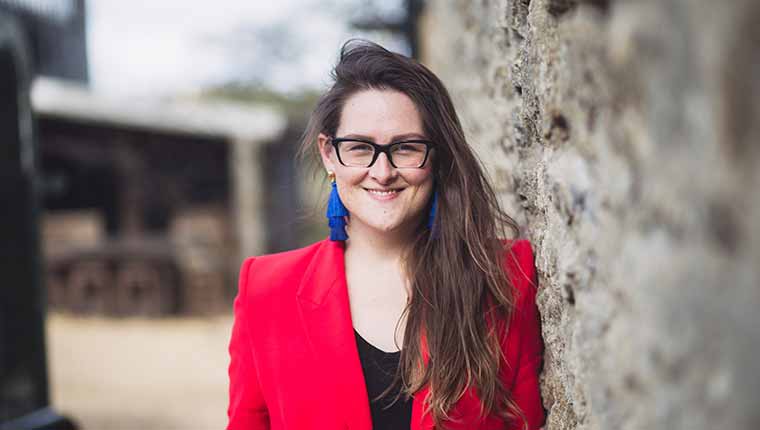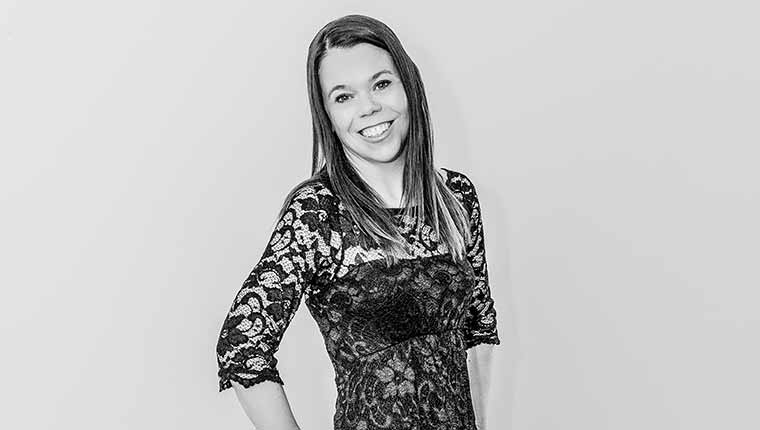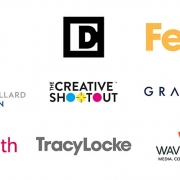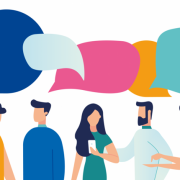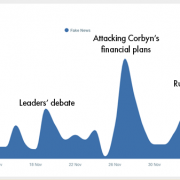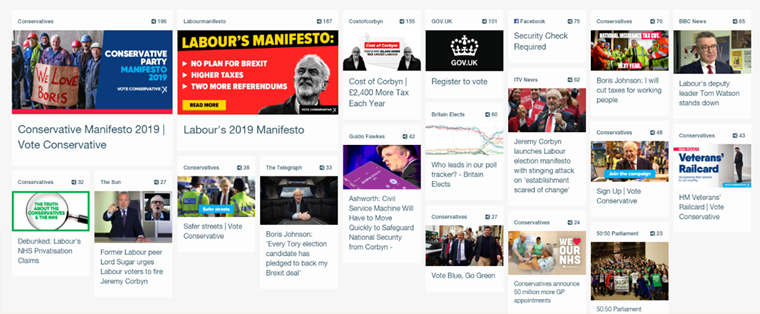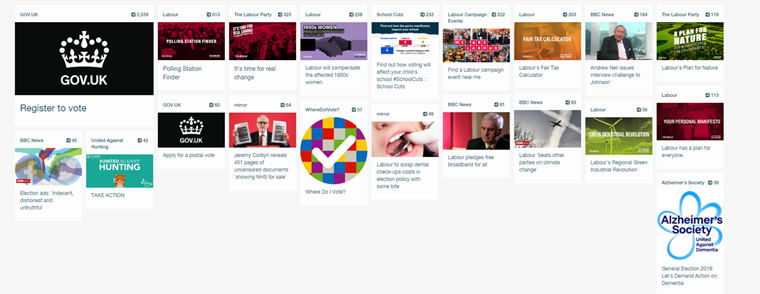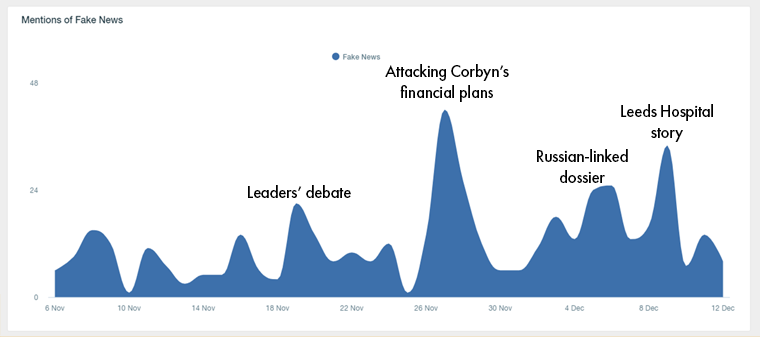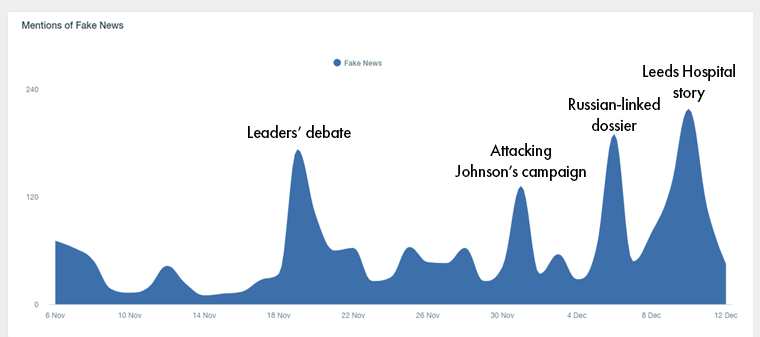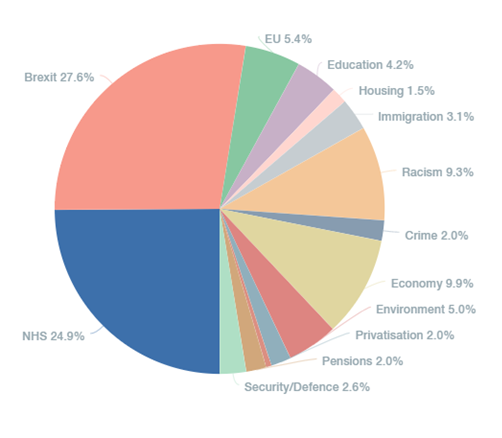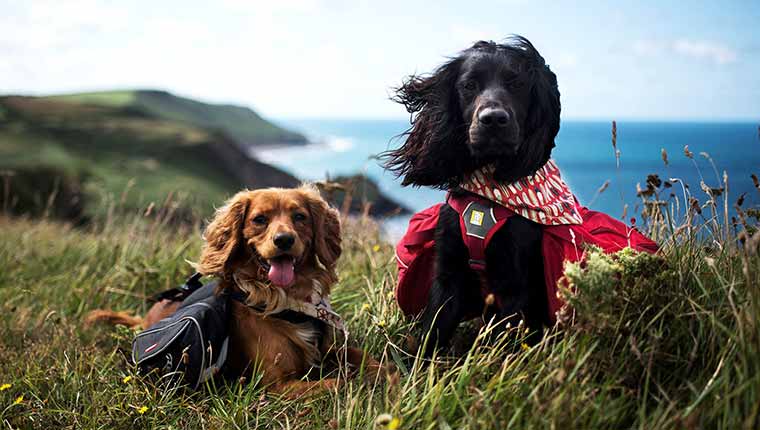This is a guest post by Holly Pither, MD and founder of Tribe PR.
January is always a great time to reflect on the year just gone, and spend some time thinking about what’s to come. For me, 2019 was year full of ground-breaking marketing campaigns, exciting PR activations, big tech advances, what can only be described as influencer madness and some big industry shakeups too.
But what does 2020 have in store? To find out I have crowdsourced some industry heavyweights for their opinion and here’s what they’ve been saying…
B2B comms will get more human
I have always felt that B2B marketers and PRs have set themselves apart from their fellow B2C professionals, and certainly up until a few years ago the nature of their work and how they talked to their audience was, in fairness, quite different. However, the last few years have brought B2B and B2C comms much closer together. And now instead of a corporate brand talking to its corporate customers in a professional and (dare I say it) staged manner, it should be talking to its audience in a very different tone; a human tone.
Today, and moving forward, good brand communication will be all about engaging directly with people, understanding what makes them tick, responding to their needs and then consequently turning them into brand advocates. Never before has the mantra that we live and breathe here at Tribe PR; ‘people don’t buy brands, they join them’ been more true.
Influence marketing will move away from influence to focus on talent
When I asked William Soulier, CEO and co-founder of Talent Village, about his 2020 predictions, he contended that the future of the influencer marketing industry needed to move away from influence and prioritise talent.
He said: ‘Certainly, one of the biggest challenges the industry faced in 2019 were the vociferous headlines and editorial pieces forecasting the demise of influencer marketing. We predict 2020 will be about rebuilding trust in the industry, which can be achieved by working with true talent over and above influence.’
William said that by Talent Village adopting a talent-led approach, they will be ‘better able to solve growing concerns regarding fake followers, promote diversity and increase advocacy as we continue to focus on building long-term partnerships and deliver authentic and credible results’.
Prioritising advocacy over loyalty
The words ‘loyalty’ and ‘advocacy’ often get mixed up in the whole host of buzzwords we use across the industry on a daily basis. Loyal customers are people who keep returning to your brand, but they might not actively be talking about it to other people. On the other hand, brand advocates are people who are both loyal to your brand and proactively share it. The big difference is that your advocates will tell your story for you. I think 2020 has to be about turning brand loyalists into brand advocates and getting them to play a part in your storytelling, too.
An increased and renewed focus on purpose
Annabel Wallis, marketing business partner at Outsource UK, explained that while digitalisation and AI is pushing people further away from real interaction, she thinks that in 2020 there will be increased focus on the ethos and purpose of business (wholehearted values).
‘I anticipate the balance between ethical consumerism and convenience will tip towards the former, especially as climate panic grows,’ Annabel said. ‘Digital can only help with this as long as its purpose is wholehearted, so programmatic advertising will go into overdrive.’
Removing Likes means we need to work harder to create standout content
When Instagram announced last year that it was removing likes, it said it was predominantly to remove the element of ‘pressure’ and to stop it feeling so competitive on the social platform. Certainly, this decision by the social giant has made waves in the industry, with many worried about how best to measure their activity moving forward if likes are removed. But I believe that with the removal of likes, brands will need to engage with their followers on a much deeper level. This can only be a good thing, especially as content will have to be far more interesting, engaging and authentic.
I think it will also force B2B brands to become more personal and talk to their audience on a far more human level (which is all so often missing B2B brand communications). As William Soulier says, by Instagram removing likes, brands will need to ‘realign their affiliation with the right kind of talent; those who match their values and have the credibility to talk authentically in this space to create good compelling and authentic content’.
Integrating paid and earned
MD and owner of Cherish PR Rebecca Oatley believes that 2020 will see more of an integration of paid and earned media – ‘I see PR agencies being more proactive in negotiating digital spend alongside stories. We will see this with influencers in particular’. She said that Cherish is already running whitelisting within their influencer campaigns and she expects this to become more prominent in 2020.
Brands will need to accept that they can’t be everything to everyone
If a brand is 100% clear about what they stand for, then they will always find that some people will be left out – and that’s okay. I think 2020 will be the year to reassure ourselves that we cannot be all things to everyone. I would like to see brands using 2020 to focus in on their key messages and ensure that they know exactly who they are trying to bring into their tribe, and likewise who they would prefer simply didn’t join.
Creating human connections
As a result of the widely-publicised issues around data privacy, the novelty of social media wearing off and the poor use of automation and personalisation, we are seeing more and more consumers rebelling against the overuse of technology.
Paul Sutton, the digital marketing consultant behind Digital Download Podcast said, ‘as a society, trust has plummeted and we’re clamouring for genuine connections with human beings. Marketers with any sense of the real world are trying to follow suit, some with more success than others as this is a mindset shift for many. Though it’s been prompted by advances in mobile and internet technology, the explosion of podcasts is a prime example of the sort of ‘authentic’ content that people are now demanding. Whether it’s audio, video, imagery or written content, the medium in 2020 will be less important than the marketer’s ability to create a human connection’.
It feels that the ways we will absorb our news and the platforms on which we will do so will be more extensive than ever before. With this in mind, it feels that the words ‘content, content, content’ will continue to fill our inboxes and weekly update meetings for a long time to come (even if we do all shudder at the word). Though hopefully that content will be more human, more personalised and far more authentic.
As Natasha Hill, MD of Bottle so eloquently sums up when she reflected on the coming decade, ‘the ‘news’ will be read, watched, listened to, on many more platforms than Ofcom currently bulk into Other Online Media’.
And what an opportunity this presents…
Holly Pither is MD and founder of Tribe PR. Tribe PR is an independent communications agency, specialising in earned media to help organisations of all sizes increase their brand advocacy. Holly has built the business based on the mantra that ‘people don’t buy brands, they join them.’









